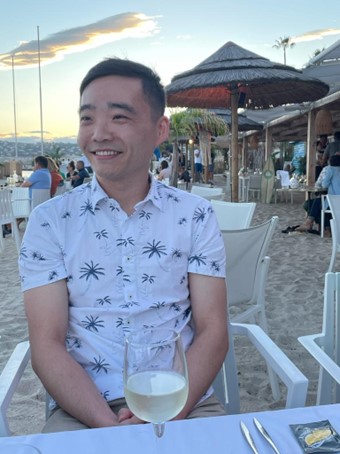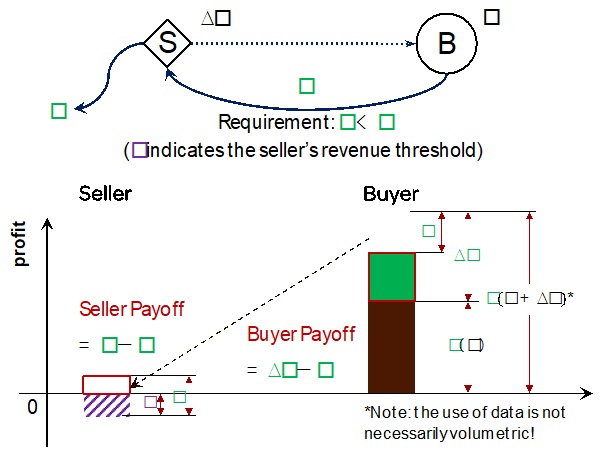Regression Markets for Energy Systems Operation

Liyang was a postdoctoral researcher at the Technical University of Denmark while he was working on the Smart4RES project. He will soon start working for Twig Energy ApS as a Senior Energy Markets Expert. We wish him all the best for the rest of his carrier!
As the complexity and uncertainty of modern energy systems grow, extracting useful information from data to improve system and market operations has been drawing increasing academic attention in recent years. One important usage of data is to inform the forecast of loads and generation. Taking wind power forecasting as a use case, the added value of data from surrounding sites has been well examined under the assumption that data from external sources is a free and highly accessible commodity. However, this assumption becomes unrealistic in applications where data privacy is highly valued or where a conflict of interest exists between the data owners and the data users.
To incentivize data exchange, recent literature has been exploring the idea of a data market, in which the data owners (sellers) receive financial compensation from the data users (buyers) for their disclosure of data. In general, these market frameworks can be put into two categories: buyer-centric markets and seller-centric markets. The former disadvantages the sellers, offering no guarantee for the amount of payments. The latter adds noise to the data the buyer receives; hence, the value of data is diminished. Additionally, these market frameworks are often based on game theory, but it is often computationally intensive to find the market equilibrium in a noncooperative game setting and to derive the market payoffs in a cooperative game setting.
Liyang helped design a lasso regression market for wind power forecasting, in which the lasso term is exploited as a measure for direct payments from data buyers to data sellers. This market framework has three main advantages: (1) compared to the seller-centric model, the lasso provides the buyers with better quality data through selecting from the sellers’ data the features that are most likely to improve the forecast without additional noise; (2) compared to the buyer-centric model, the sellers are given the authority to threshold their financial reward through individualizing the lasso regularization parameter; and (3) compared to game theoretic data markets, the computation of the market outcomes is simpler as the lasso term as an output from the regression directly represents the payment.

To learn more about this topic, visit our resource center and access Liyang’s work.
More about Liyang Han
On his background
Prior to coming to Denmark, Liyang completed his PhD in Engineering Science at the University of Oxford. He is a former postdoctoral researcher from DTU, and he will soon start a position as Senior Energy Markets Expert at Twig Energy ApS.
On his research interests
“My research interests mainly lie in energy markets and the economics of data with specific applications in energy systems. Combining my academic and industry experience, I would like to help mould energy market structures to incentivize innovative technological and market products that would facilitate the green transition.”
On choosing Smart4RES and DTU for his research
“I was excited by Smart4RES’s focus on renewable energy integration and fascinated with the innovative data-driven approach proposed by Pierre Pinson and Jalal Kazempour based in DTU.”
Where he sees himself in 5 years
“At the intersection of academia and the industry, either working in a company solving real-world energy problems while collaborating with academic institutions and supervising students, or working at a university having multiple industry-tied projects.”
On Mentors with an impact
“My biggest mentor is my “Mama”, my chosen parent. He taught me to put love first in my life. He inspires me to follow my heart and look beyond social norms. I apply the lessons he has taught me in everything I do in my life, including my work, so I like to challenge the status quo and try to be the change I want to see.”
